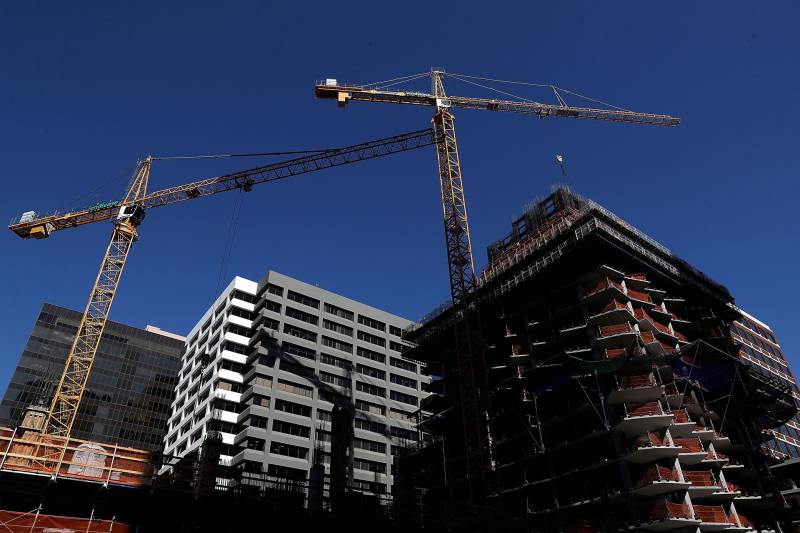Randy Shaw, the executive director of the Tenderloin Housing Clinic, questioned whether new city-owned housing is necessary.
In 2012, voters approved 30,000 new units of affordable housing managed by nonprofits and community land trusts. Preston said a new vote is needed to allow the city itself to build and manage that housing.
“We have a structure in San Francisco of nonprofits and community land trust being the agent and the engine for affordable housing production,” Shaw said. “Why is that not adequate?”
Shaw said that if the city owns more housing, it would have to hire the staff to develop and manage it. That would cost money, he said, which instead could go to nonprofits and community land trusts — that already have staff in place — to actually build housing instead.
“What is the reason for a new model?” Shaw said. “I have yet to hear an explanation.”
With the housing crisis expected to get worse as a result of the pandemic, particularly for low-income people, Preston said the city should have every option on the table.
“We need all the tools at our disposal,” he said. “And that includes municipal housing as an option.”
Public housing in the United States was first created as a response to the Great Depression, intended to serve only the poorest families who couldn’t afford rents on the private market. But it faced chronic underfunding from the start. Today, the National Low Income Housing Coalition estimates the country’s existing public housing — a little more than 1 million units — is facing a $70 billion backlog in needed maintenance and repairs.
San Francisco was no exception. And beginning in 2014, it took advantage of a new federal program to rehab its public housing stock, turning over all of its federally-subsidized public housing to nonprofits.
“We had an existing structure where the government owned (public housing),” Shaw said. “And we had to then work out so that nonprofits could take over. And it’s been a big success.”
Preston said that, ultimately, a new steering committee would decide who would own and operate any new housing authorized by Prop K.

